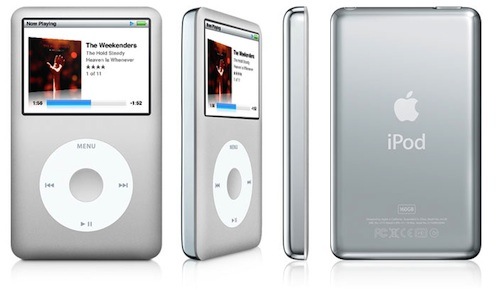The jury deliberating the iTunes/iPod DRM case against Apple returned its verdict on Tuesday, and it has decided that Apple is not guilty of harming consumers with its security measures on iTunes and its iPod music player starting in 2006.

Delivering a unanimous verdict today, the group said Apple’s iTunes 7.0, released in the fall of 2006, was a “genuine product improvement,” meaning that new features (though importantly increased security) were good for consumers. Plaintiffs in the case unsuccessfully argued that those features not only thwarted competition, but also made Apple’s products less useful since customers could not as easily use purchased music or jukebox software from other companies with the iPod.
The decision means Apple did not violate antitrust laws, a charge that could have led to damage payments of over $1 billion. The complaint against the Cupertino company asked for $350 million in damages to pay a class of 8 million people who bought iPods between September 2006 and the end of March 2009.
Apple had argued that their iTunes music store, software and hardware was an integrated system, not unlike video gaming consoles from Sony, Nintendo, and others. As the pieces of the system were built to work together, they argued any music from another company would cause issues in the ecosystem.
Apple also told the court that digital right management changes over the years were required due to Apple’s deals with the record labels, who required the company to continually patch security holes, and to protect its customers from hackers and malicious content.
The nearly two-week trial wrapped up on Monday, with the case then going to the jury for deliberations.


